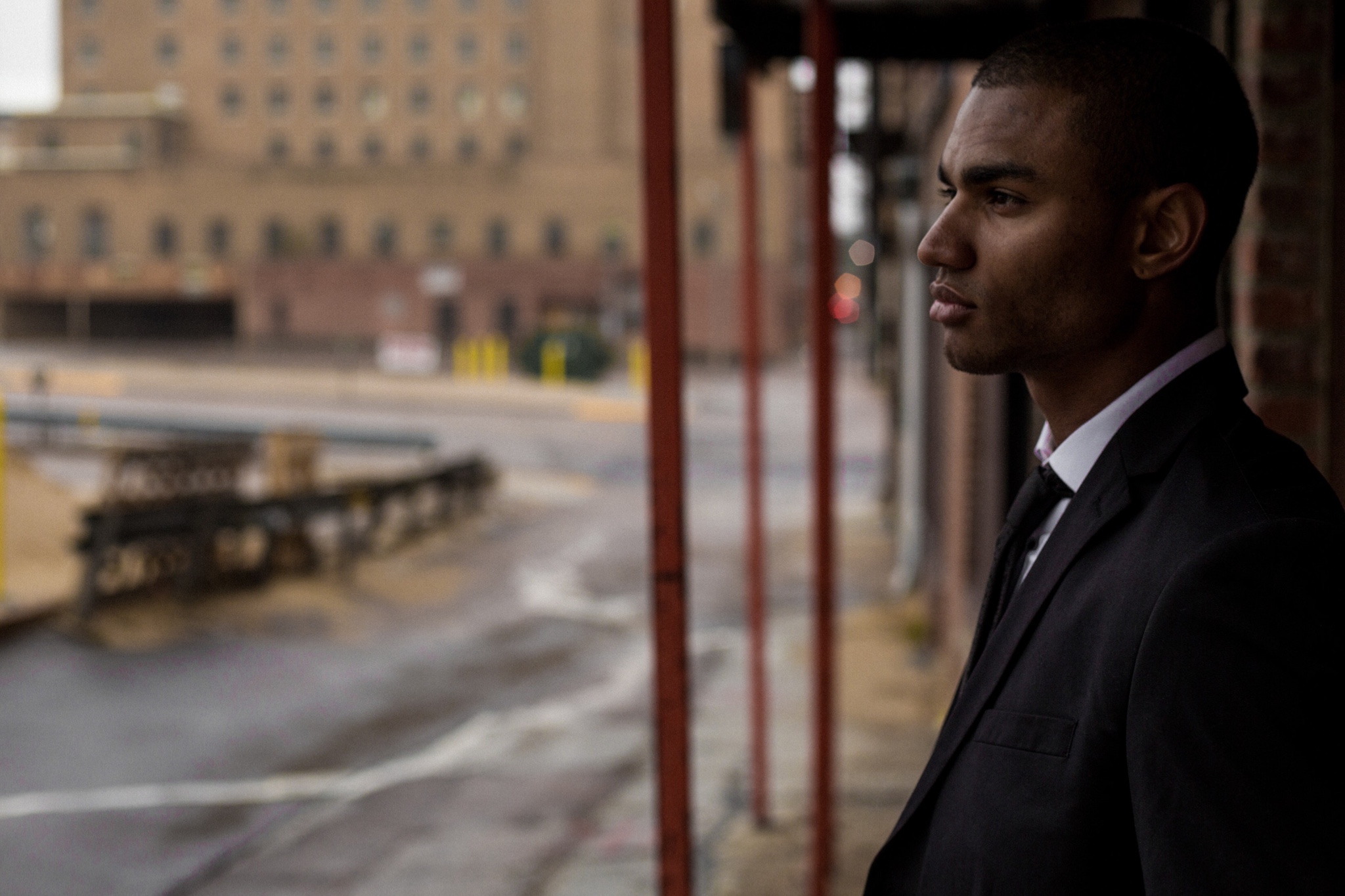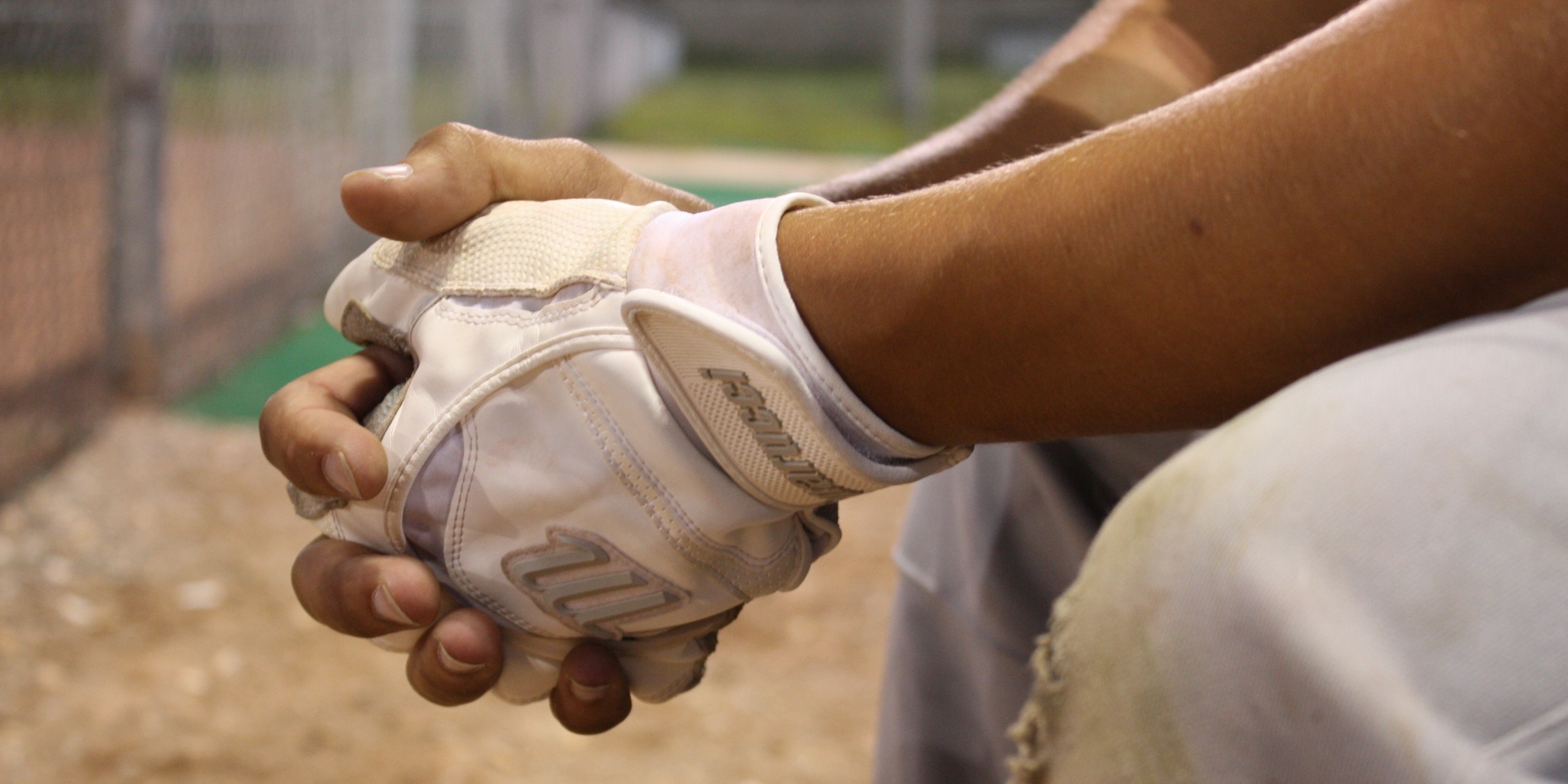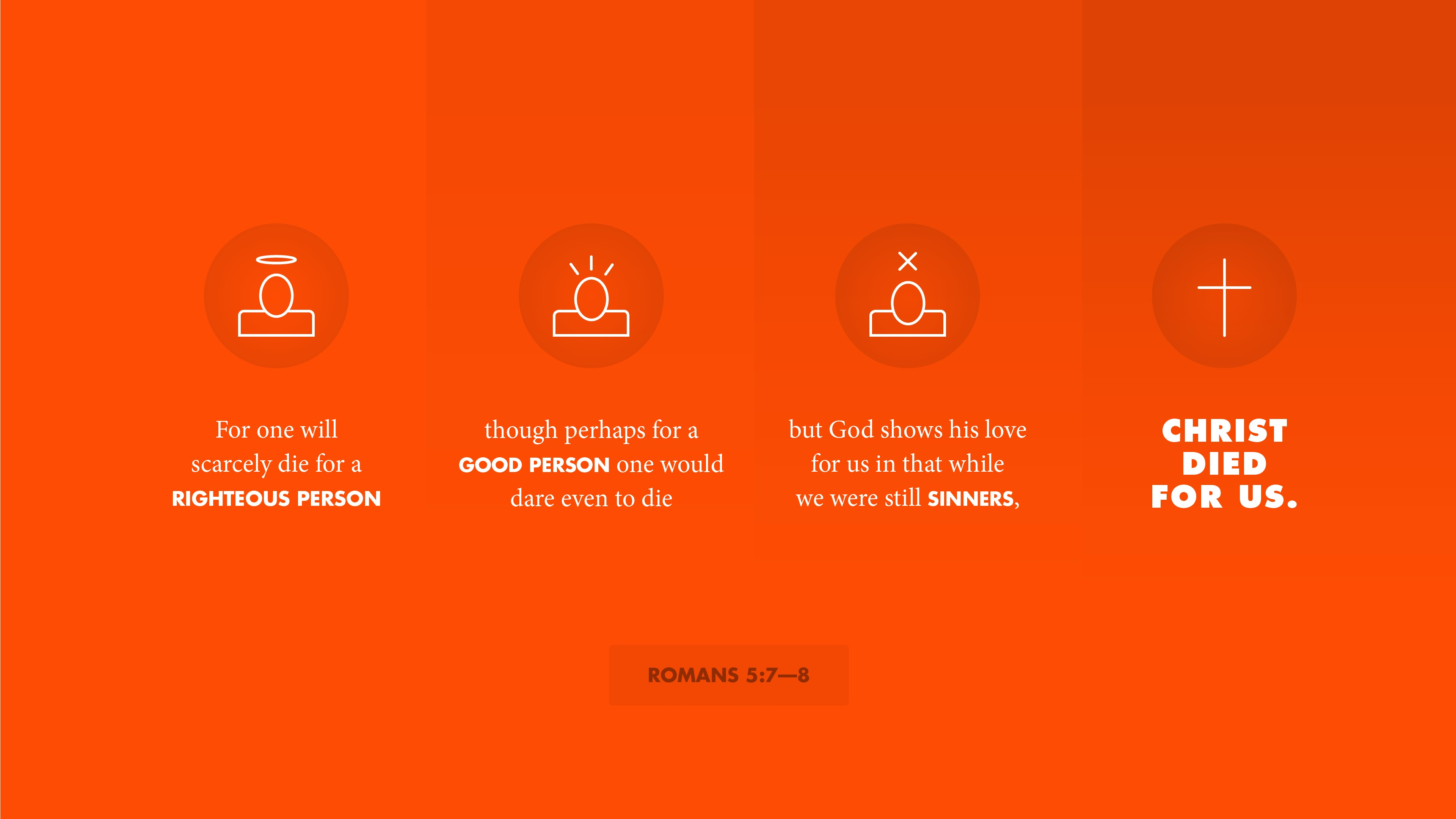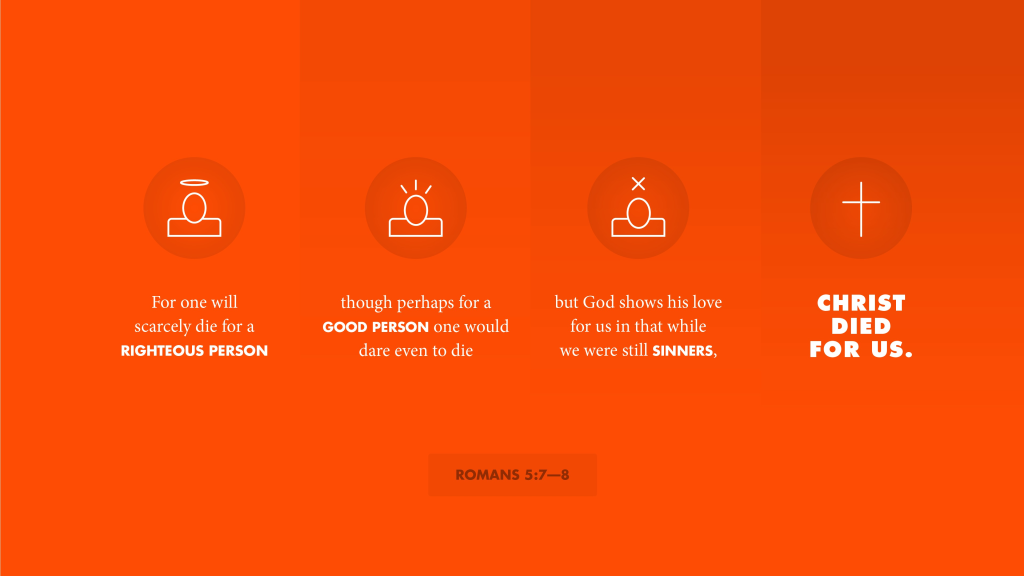My wife and I are currently in the process of finishing up our 2014 taxes. Like the rest of you, we’re busy trying to figure out whether we have all of our tax documents, if we’ve entered all of the information correctly, and if we’ve maximized the greatest possible return on our taxes. Now, I don’t know much about taxes or how they’re calculated. I’ve always just entered the standard information on my W-4 and sort of…hoped for the best around tax season. What I do know is, if I’ve paid more then I’ve supposed to during the year – I get something back. If I were to somehow pay the exact right amount, I wouldn’t get anything back – but I also wouldn’t owe anything. Sadly, I’ve been in the position before where I didn’t pay enough during the year and I end up owing money to the government. Nobody likes that. To be honest, my knowledge about taxes comes down to nothing more than a gamble – I never really know what my return is going to be once everything gets filed.
I’ve talked to a lot of people who – in a similar yet much more significant way – take a gamble on God. Many people have a position towards God – if He exists, anyways – that just trying hard enough to be a good person puts them on right terms with God. You might think, “If I do enough good things, wouldn’t God owe me?” Or, at the very least, “If my good and bad deeds even out, God and I will be neutral, right?” You might even think that it’s only if your bad deeds severely outweigh your good that God would have any business punishing you. Do your best, make people happy, and God owes me one.
Is that right? Or are you taking a gamble?
When we think about God, ourselves, and our relationship to him, we need to think about these things on his terms, not on our terms. Anything less is wishful thinking. So here’s the thing about our good deeds. We tend to think of all of our good accomplishments – whether it is serving a homeless person or smiling to our neighbor – as going above and beyond. We like to think that our good actions are a positive investment that will net us a big return. But the reality is, being perfectly good and obedient is just the baseline of what is expected of us. There is no going above and beyond where good deeds are concerned. The Apostle Paul explains this at length in the Book of Romans when he says, “Now to the one who works, his wages are not counted as a gift but as his due” (Romans 4:7). You owe God perfect obedience and good works, nothing you do is above and beyond the expectations.
But here’s the problem. None of us have ever or could ever say that we’ve had perfect obedience and good work. You might say, “I’m not as bad as ____ (fill that in with whatever your movable standard is),” but that doesn’t mean anything to a perfectly just God. Either you’ve perfectly obeyed, or you haven’t. As hard as it may be to admit, in our heart of hearts we all know that we haven’t been able to do this (Romans 3:23). Even if we could perfectly obey from this moment forward, we would still have a blemished track record that we couldn’t make up for. No matter how hard we try to be a good person, we’ll never be able to pay enough back to God.
You might be saying to yourself, “That sounds ridiculous. Of course nobody can be perfect all the time, how could God punish someone who is relatively good?” The problem with that question is that its relative. Again, if we think in God’s terms and not our own, then we need to be prepared to say that things cannot be relative. Either God is just and punishes sin, or he is the cosmic absent deity who cares very little about your life.
So where do we go from here? Let’s consider again what Paul has to say in the next verse of Romans, “And to the one who does not work but believes in him who justifies the ungodly, his faith is counted as righteousness” (Romans 4:8). What is Paul saying here? Is Paul saying that we don’t need to try to do good at all as long as we believe in something? No, in fact, elsewhere Paul will passionately explain how those who believe must necessarily work as hard as possible to love God and love their neighbor.
What the Apostle Paul is explaining in these two verses is that our forgiveness, our right standing with God, cannot come from what we do. That is impossible, because we can’t do enough to earn that. Our forgiveness and our right standing, must come simply through faith in the one who freely gives that to us. And who is that? Paul explains:
For while we were still weak, at the right time Christ died for the ungodly. For one will scarcely die for a righteous person—though perhaps for a good person one would dare even to die—but God shows his love for us in that while we were still sinners, Christ died for us. Since, therefore, we have now been justified by his blood, much more shall we be saved by him from the wrath of God (Romans 5:6–9).
See, God is not only just but he is also gracious, merciful, and abounding in steadfast love and patience. Yet, every single one of us must face the reality that when we stand before God and hand in all of our documents, we each will owe far more than we will be able to pay. But for the one who comes empty handed, not boasting in his success and earnings, but pleading only the blood of Christ, he can and will be forgiven. His return will not be what he is due, but what is due to Christ – the full inheritance and manifold blessings that are worthy of a son or daughter of God.
So friend, let me ask you: are you taking a gamble with God? Are you banking on your own insufficient merit and knowledge in hopes that you’ve made enough positive investment to get a big return? Acknowledge your inadequacy and ask for the grace and mercy from the one who gives it abundantly, and receive a return worth far more than can be measured: love, acceptance, forgiveness, mercy, kindness, adoption, peace.
The following is a story from an article by Dr. Robert Linthicum; one that I found very challenging and thought worth sharing. You can read the full article here.
—–
In 1957, while I was a student in college, I was working among African-American teenagers in a government housing project in a major city of the United States. This housing project was built to warehouse the poor in high-rise buildings of poor construction and design. Our ministry among those youth included recreational and athletic activities that were designed to bring them to confession of Christ as Savior. Once they received Christ, they were encouraged to join our Bible studies where they would be discipled and connected to the life of a local church.
One of the youth who began to actively participate in our Bible studies was a new Christian named Eva. Eva was an exceptionally beautiful teenager, physically mature for her age. She became even more radiant when she received Christ as her Lord and Savior. I began discipling Eva, building her up in the “nurture and admonition” of the Lord.
My academic year was drawing to a close and I was looking forward to returning home for summer vacation. Just before I was to leave my teenage “parish”, however, Eva came to me greatly troubled.
“Bob”, she said, “I am under terrible pressure and I don’t know what to do about it. There is a very powerful gang of men in this project that recruit girls to be prostitutes. They are trying to force me to join them. I know it’s wrong, but what should I do about it?”
I didn’t know what to say to Eva. Nothing in my experience had prepared me to deal with something like this! After all, I was only 19 years of age! The only thing I could think to do was to share with her what I had learned in Sunday school and in the Christian college I attended — to “resist evil and it will flee from you”, to “commit your way unto the Lord and he will give you the desires of your heart”. I urged her to stick with her Bible-study group and not to give in to the gang’s demands.
And then I left for my summer vacation!
Three months later, I returned to college and to that ministry. Eva had stopped attending the Bible study. When I asked about her at the Bible study, the other youth told me she had stopped coming about a month after I had left.
I feared the worst! I went to Eva’s apartment in one of the project buildings to talk with her. Eva answered the door. When she saw that it was me, she burst into tears.
“They got to me, Bob,” she said. “I’ve become one of their whores!”
“Eva, how could you give in?” I unsympathetically responded. “Why didn’t you resist?”
“I did resist!” she replied. “I didn’t give in; I was forced in.” Then she told me a story of sheer intimidation and terror.
“First, they told me they would beat my father if I didn’t become one of their whores. I refused — and they beat him bad. Then they said my brother was to be next. I still refused, and he ended up in the hospital with both legs broken. Then they told me that if I didn’t yield, they would gang rape my mother. I knew they meant it, and I couldn’t allow that. So I gave in and became one of their whores.”
“But Eva,” I said, “Why did you let them intimidate you that way? Why didn’t you get some protection? Why didn’t you go to the police?”
“Bob, you honky,” Eva responded in disgust, “Who do you think the gang is?”
Suddenly it hit me. This gang of “very powerful men” Eva was describing was that city’s police! The police — the very people entrusted with the task of protecting and defending the people — were in reality the real exploiters and oppressors of the people. Here was evil like I had never known it before — for the police were the gang operating the prostitution ring and recruiting young girls like Eva out of that slum. And later it was discovered that this was not simply a single police precinct gone astray. What was happening in that one precinct was the tip of the iceberg in what was a city-wide operation of gambling, prostitution, drug-distribution and bootleg liquor by the police, with the judiciary organized to legally protect from exposure and prosecution this betrayal of the people.
It was in this encounter in 1957 that I discovered two things. First, I realized that the power of the world’s evil is far greater than the sins of its individuals. The very systems of a city or nation could become corrupt, grasping, oppressive and exploitive. And it little mattered even if all the Evas among that nation’s poor were to be won to Christ as long as the evil in the systems could be allowed to run unchecked and destroy these Evas.
The other thing I realized was that my theology and the very way I read the Bible was inadequate for ministry in that kind of evil-dominated world. Through Eva’s tragedy, I realized that if the church does not deal with the systems and structures of evil, then it will not be effective in transforming the lives of that city’s individuals. What I needed, I realized, was two things: First, I needed a theology as big as the city itself, a biblical understanding that would be equal to the challenge of the social and individual sin of the world! Second, I needed a praxis, a system, a strategy that would be equal to the task of empowering both the poor and people of good will to work together to confront and change the systems and to empower the people to create their own corporate future. Over the years, I found the theology in a justice reading of scripture. And I found the praxis in the practice of community and broad-based organizing. That praxis I would discover ten years later – and have practiced organizing for empowerment ever since. But the theology I discovered came out of my ongoing work with scripture.
Faced with the shock of Eva’s fate and how I had contributed to that fate because of my own naiveté, I did the only thing I knew as a Christian to do. I turned to scripture. And I began studying scripture in order to try to understand the kind of urban world in which I had been called to minister – what God’s intentions were for the city and what kept going wrong that seemed to always be thwarting those good intentions. I turned to scripture to try to understand what the church was called to be and do in a world of such corporate and systemic greed, corruption and abuse of power. I studied scripture in order to understand what Christians like myself were called to be doing in the world and how we were expected to carry out those ministries. I examined scripture to understand how God would empower people to set their own corporate future and how to accomplish that future. And I allowed scripture to speak to me about how God would nurture and sustain each one of us caught up in the struggle through disciplines of personal spiritual formation, being sustained in community, absorbing into one’s self and one’s spiritual community God’s very vision for the city, and to celebrate the spiritual discipline of simply “keeping on keeping on”!
Seriously, who doesn’t love free stuff?
Recently, my friends and I had the privilege of visiting Capitol Hill Baptist Church (CHBC) in Washington, D.C. We had a great evening visiting and gleaning wisdom from the elders of their church. CHBC is also the headquarters for an organization known as 9Marks, an organization that publishes resources to help equip and build healthy churches. Most of their books are on my Amazon wish list, but since buying them all would cost a pretty penny, I was waiting until later to buy them.
While we were visiting with the elders, they were telling us about some of the work they do in 9Marks. As we were talking with them, they invited us up to the 9Marks office to see where all of their work was done. When we got to the office they shocked us all with a gracious gift – they offered us any number of their books that we wanted to take – for free!
Free!
It was such an unexpected and gracious gift, I could barely contain my excitement.
Now, free stuff on its own is great, but free stuff that we wouldn’t be able to afford on our own is even better. A free meal from McDonald’s is a nice gift, but if someone bought you a steak dinner out of the blue – how much more shocked and grateful would you be?
I must’ve taken 15 or 16 books, all of which I was planning to buy at some point but didn’t currently have money to afford. Being at the church was a gift enough, but a stack of nice books that I couldn’t afford was amazing.
As Christians, we know all about getting extravagant gifts for free. The Bible is clear that apart from the mercy and grace of God, we are destitute broken, and alone. Our good works – works that we often think are worth something – are described as either filthy rags (Isaiah 64:6) or (literally) poop (Philippians 3:8). Our violation of God’s law has left us in an eternal debt that we are unable to repay. Even on our best day, we are entirely unable to achieve or pay for a right standing with God.
And yet, God is merciful and gracious towards us in astounding ways. The Apostle Paul explains to us the free gift that we have in Christ:
But the free gift is not like the trespass. For if many died through one man’s trespass, much more have the grace of God and the free gift by the grace of that one man Jesus Christ abounded for many. And the free gift is not like the result of that one man’s sin. For the judgment following one trespass brought condemnation, but the free gift following many trespasses brought justification. For if, because of one man’s trespass, death reigned through that one man, much more will those who receive the abundance of grace and the free gift of righteousness reign in life through the one man Jesus Christ. (Romans 5:15-17)
We were dead in our trespasses before receiving the free gift of God, but because of Christ’s death and resurrection we have been given grace in abundance (verse 17). We are justified, that is, declared to be in right standing with God. Elsewhere, the Apostle Paul says that the gifts and riches of God’s grace are lavished upon us (Ephesians 1:7-8). We can’t even come close to affording this gift on our own, not even close! When we confess our only hope in Christ the King, we are not given a door-prize of a free gift. No, we are given far more than we could ever imagine or hope for, a gift that keeps on giving; now and into all eternity.

Photo Credit: Kalexanderson via Compfight cc
“Sticks and stones may break my bones, but words will never hurt me.” Do you remember teasing that phrase around the play ground? It is a cute little cliche phrase that catches on quickly. We like to teach this phrase to our kids with the hope that we can instill in them the idea of self-confidence, ignoring what other people say about them and finding positivity in themselves.
If we stop and think about it however, I think we would realize that this is one of the most deceiving and harmful things we could teach our kids. Perhaps the way this phrase should really be taught is, “Sticks and stones may break my bones, but say them enough times and words will kill me.”
As adults we know that words can sting. Not only can they sting, but they can consume and eventually kill us inside. Let’s all face reality for a minute; if you’re called names like liar, loser, pathetic, worthless, failure, ugly, miserable, stupid, or unqualified enough times – you’ll start to believe it. Not only will you start to believe it, but you will be consumed with the idea of proving everyone wrong and that you’re not any of those things.
Let’s take this a step further. If we’re honest with ourselves, every time we try to tell ourselves things like “I am what I say I am,” or “no one can change the way I feel except for me,” or “I accept myself for the mess that I am,” or whatever other crafty little saying you can find on Facebook – these are all just defense mechanisms to cover up the fact that we are hurt by what other people have already said about us. Because we are so consumed by what everyone thinks about us, we need to tip the scales by consistently telling ourselves that their words don’t matter. We have to tell ourselves this because those words do, in fact, matter.
For those of us who are in Christ however, God’s words are stronger than the words of this world.
Forgiven.
Loved.
Reconciled.
Adopted.
Child of God.
Righteous.
Clean.
Accepted.
Because God’s words about us are final through the sacrifice of Jesus, we don’t need to try and find positivity and acceptance inside ourselves. We can rest in the love of God toward us once and for all. His words about us are complete and eternal. There is no need for us to put up defense mechanisms because of what other people say; God’s word carries infinitely more weight.
Christian, rest in the words God has declared about you to be true. You don’t need to spend time defending yourself to others or trying to make yourself feel better. Jesus’ bones were broken by sticks and stones, so that his words would give you life. Take comfort in what was done on your behalf so that you would be given a new identity in Christ.
“See what kind of love the Father has given to us, that we should be called children of God; and so we are.” – 1 John 3:1






